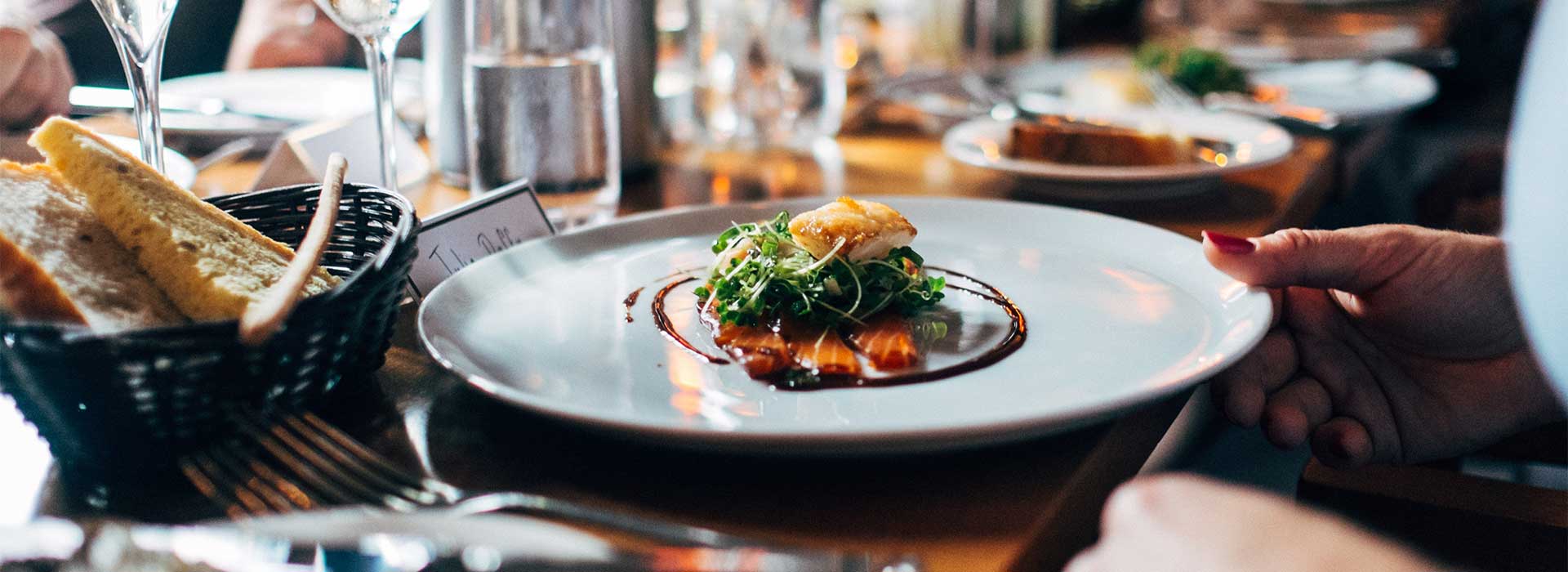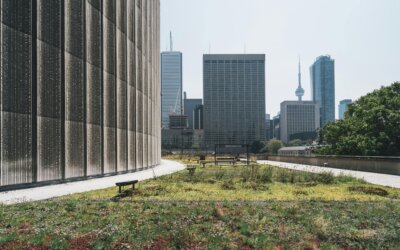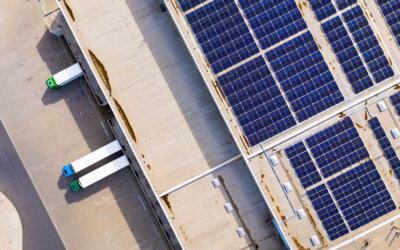Chris Ying and Peter Freed: “Knowing Is Half the Battle” from MAD on Vimeo.
The food industry accounts for thirty percent of the world’s greenhouse gases, yet we still don’t seem to hear enough about the ways restaurants figure into the problem. For MAD3, Lucky Peach editor-in-chief Chris Ying and carbon emissions specialist Peter Freed embarked on a project to examine the workings of two very different restaurants, on two different continents. Their goal was to explore how the restaurant world might more actively fight climate change.
Noma, in Copenhagen, and Frankies 457, in Brooklyn, New York, agreed to share with Freed every single piece of information about their operations, so that he could calculate the carbon footprint of each restaurant. Over the course of several months, the restaurateurs provided Freed with a sea of documents, including laundry receipts, exhaustive ingredient lists, descriptions of foraging trips, and even the sizes of their delivery trucks.
The findings, which you can see in the video above, reinforce Ying’s claim that knowing is half the battle; even though climate change is complex and overwhelming, restaurants shouldn’t automatically assume that their efforts will be futile. In the middle of the research process, for example, Noma found out that they were using an electric company that still relied on coal for energy. The simple switch to a greener system (“It took hitting send on an e-mail,” said René Redzepi) reduced the restaurant’s emissions by nearly one-third.
And it’s not only changing things within your restaurant that can help the environment. Ying and Freed allude to the fact that restaurants can also participate in carbon offset projects that help balance out their emissions.
If, as Ying says, “eating is the most significant interaction most of us have with the environment,” both diners and restaurant owners should realize that making a few decisions that are more informed — and often very easy — can make a difference.
Brought to you by terrapass.com
Featured image








